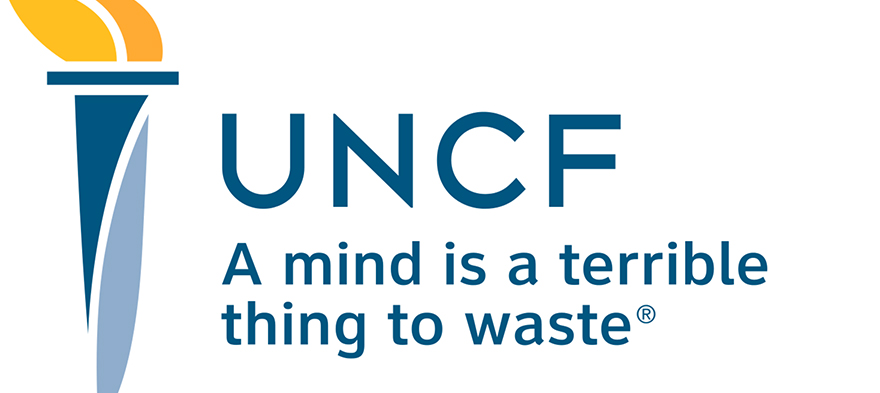
Since 2004, Michael L. Lomax has been president and CEO of UNCF, the nation’s largest private provider of scholarships and other educational support to African American students. He is a leading advocate of college readiness—students’ need for an education, from preschool through high school, that prepares them for college success. Under his leadership, UNCF has raised $1.5 billion and helped more than 92,000 students earn college degrees and launch careers. Annually, UNCF’s work enables 60,000 students to go to college with UNCF scholarships and attend its 37 member historically black college and universities. Dr. Lomax has worked to provide educational opportunities for African Americans and other Americans of color. Before coming to UNCF, Dr. Lomax was president of Dillard University in New Orleans and a literature professor at UNCF member-institutions Morehouse and Spelman Colleges. He also served as chairman of the Fulton County Commission in Atlanta, the first African American elected to that post. At UNCF’s helm, Lomax oversees the organization’s 400 scholarship programs, which award 10,000 scholarships a year worth more than $100 million. He also launched the UNCF Institute for Capacity Building, which helps UNCF’s 37 member historically black colleges and universities become stronger, more effective and more self-sustaining. Under Dr. Lomax's leadership, UNCF has fought for college readiness and education reform in through partnerships with reform-focused leaders and organizations. He serves on the boards of Teach For America, the KIPP Foundation, the National Alliance for Public Charter Schools and Stand for Children. He also co-chaired the Washington, DC, mayoral education transition team and the search committee for a new DC school chancellor. Dr. Lomax serves on the boards of the Smithsonian Institution’s Museum of African American History and Culture and the Studio Museum of Harlem. He founded the National Black Arts Festival.
If you have a child with disabilities, you’re not alone: According to the latest data, over 7 million American schoolchildren — 14% of all students ages 3-21 — are classified as eligible for special...
The fight for educational equity has never been just about schools. The real North Star for this work is providing opportunities for each child to thrive into adulthood. This means that our advocacy...
The story you tell yourself about your own math ability tends to become true. This isn’t some Oprah aphorism about attracting what you want from the universe. Well, I guess it kind of is, but...
Your donations support the voices who challenge decision makers to provide the learning opportunities all children need to thrive.
Ed Post is the flagship website platform of brightbeam, a 501(c3) network of education activists and influencers demanding a better education and a brighter future for every child.
© 2020–2024 brightbeam. All rights reserved.